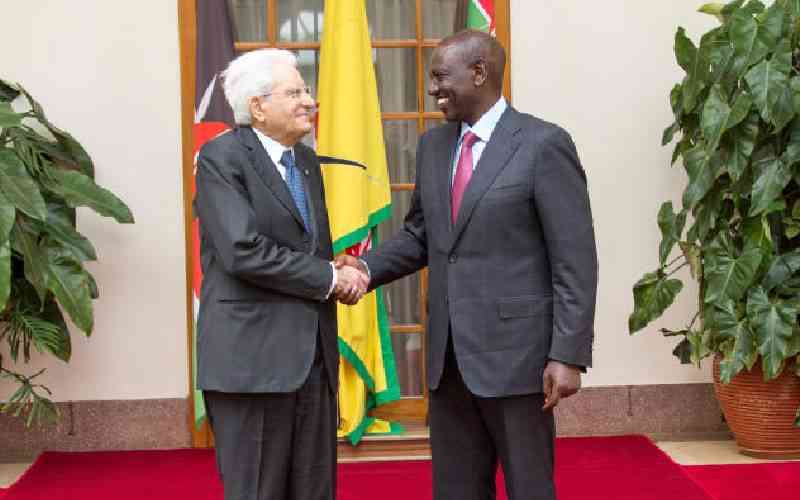
One of the reasons why the United Nations (UN) established its Resident Coordinators (RCs) was to ensure that the business of the UN is coordinated through one office.
This would ensure sustainability and efficiency while making it nimbler, delivering as one, leaving no one behind, and remaining relevant and accountable. The RCs were also the UN's answer to member States' demands on UN agencies to be more coordinated. Previously UN agencies were operating directly with Ministries Departments and Agencies (MDAs) of member States.